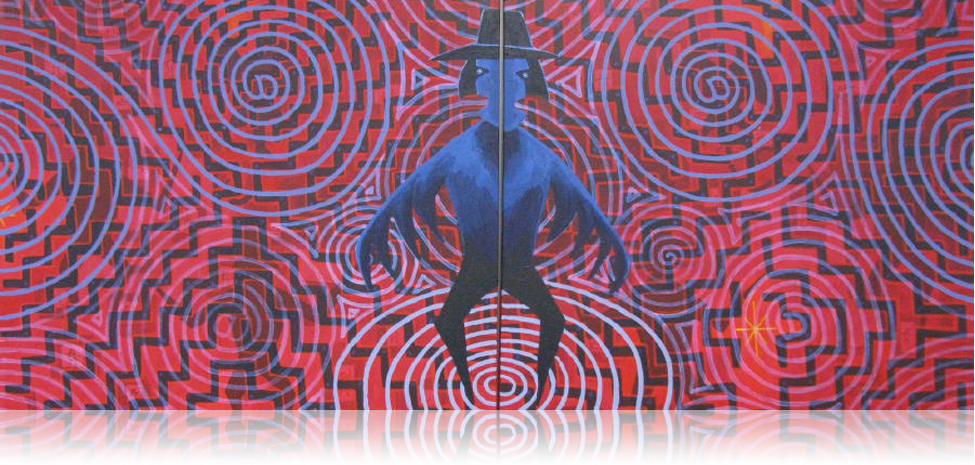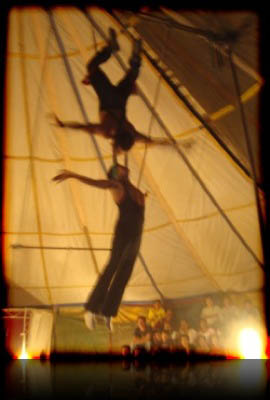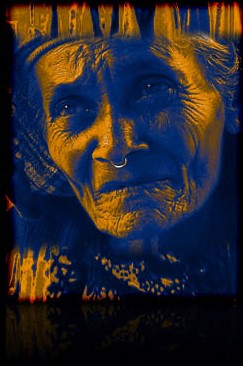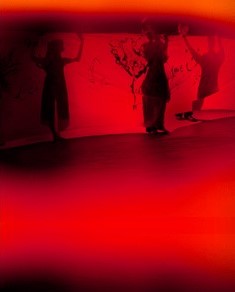The Vengeance of Vertigo: Aphasia and Abjection in the Political Trials of Black Insurgents
DOI:
https://doi.org/10.25071/1913-5874/37360Abstract
The guerilla war that the Black Liberation Army waged against the United States in the late 1960s, 1970s, and early 1980s was part of a multifaceted struggle to redress Black dispossession which has been waged since the first Africans landed in the “New” World.ii But the political trials of BLA soldiers marked an unprecedented moment in the history of that struggle; a moment when it became de rigueur for revolutionaries to refuse the role of defendant and assume (while still in custody and often handcuffed) the role of prosecutor and judge—with the public gallery as jury. This shift comprised an unparalleled inversion of jurisprudential casting in which the court itself (and by extension the U.S. government) became defendants. Assata Shakur recalls how brothers and sisters came to her trial every day to “watch the circus.” Her narrative paints a vibrant picture of an intra-mural conversation between Black folks from all walks of life, for whom the court and the trials functioned much like backwoods churches did during slavery. A courtroom of people who joined the defendants in their refusal to rise when the judge came in; folks giving each other the Black Power salute in full view of the U.S. Marshals; Black Muslim men and women spreading their prayer rugs in the corridors of the court and praying to Allah; Black parents explaining the underlying racism of the American legal system to their children. As the judge entered the courtroom, one such well-educated child looked up and said, “Mommy, is that the fascist pig?” to the laughter and applause of the gallery (Assata 212).
References
Balagoon, Kuwasi. A Soldier’s Story: Writings by a Revolutionary New Afrikan Anarchist. Montreal, Quebec: Kersplebedeb Publishing, 2003.
Berger, Dan. Outlaws of America: The Weather Underground and the Politics of Solidarity. Oakland, CA: AK Press, 2006.
Broeck, Sabine. “Trauma, Agency, Kitsch and the Excesses of the Real: Beloved within the Field of Critical Response.” In Jarab, Arbeit and Virden, eds. America in the Course of Events: Presentations and Interpretations. Amsterdam: VU University Press, 2006, pp. 201-216.
Bukhari, Safiya. The War Before: The True Life Story of Becoming a Black Panther, Keeping the Faith in Prison & Fighting for Those Left Behind. New York: The Feminist Press at the City University of New York, 2010.
Castelucci, John. Big Dance: The Untold Story of Weather-Man Kathy Boudin and the Terrorist Family that Committed the Brinks Robbery Murders. New York: Dodd Mead, 1986.
Churchill, Ward, Pacifism as Pathology: Reflections on the Role of Armed Struggle in North America. Oakland, CA: AK Press, 2007.
The Dred Scott Decision: Opinion of Chief Justice Taney, with an introduction by J.H. Van Evrie. <http://www.archive.org/stream/dredscottdecisio00unit/dredscottdecisio00unit_djvu.txt>
“Fuerzas Armadas de Liberación Nacional (FALN).” Encyclopedia of Chicago. <http://www.encyclopedia.chicagohistory.org/pages/489.html>.
Fanon, Frantz. Black Skin, White Masks. New York: Grove Press, 1968.
Felluga, Dino. “Modules on Barthes: On the Five Codes.” Introductory Guide to Critical Theory. Last Update: Jan. 31, 2011. Purdue U. Accessed on April 24th, 2011. <http://www.purdue.edu/guidetotheory/narratology/modules/barthescodes.html>.
Gordon, Lewis. Bad Faith and Anti-black Racism. Atlantic Highlands, N.J.: Humanities Press, 1995
Gramsci, Antonio. Selections from the Prison Notebooks. New York: International Publishers, c1971, 1978.
Marriot, David. “Bonding Over Phobia.” In Haunted Life. New Brunswick, NJ: Rutgers University Press, 2007.
Marriot, David. ”Fanon’s War.” In On Black Men. New York: Columbia University Press, 2000.
Marriot, David. ”Lynching and Photography.” In On Black Men. New York: Columbia University Press, 2000.
Morrell, Jessica Page. Between the Lines: Master the Subtle Elements of Fiction Writing. Cincinnati, OH: Writer’s Digest Books, 2006.
Muntaqim, Jalil Abdul. “On the Black Liberation Army.” Arm the Spirit. September 18, 1979.
Papke, David Ray. Papke, David Ray. “The Black Panther Party’s Narratives of Resistance.” Vermont Law Review 18 (1993-1994): 645-680.
Patterson, Orlando. Slavery and Social Death. Cambridge, MA: Harvard University Press, 1982.
Shakur, Assata. Assata: An Autobiography. Chicago: Lawrence Hill Books, 1987
Umoja, Akinyele Omowale. “Repression Breeds Resistance: The Black Liberation Army and the Radical Legacy of the Black Panther Party.” New Political Science 21.2 (1999). 131-155.
Various. “Verdict of the International Tribunal on Political Prisoners and Prisoners of War in the United States.” Yale Journal of Law and Liberation 2 (1991): 47-66.
Varon, Jeremy. Bringing the War Home: The Weather Underground, the Red Army Faction, and Revolutionary Violence in the Sixties and Seventies. Berkeley: University of California Press, 2004.
Wayne, Mike. Theorising Video Practice. London: Lawrence & Wishart, Ltd., 1997.
Wilderson, Frank, B. III. Red, White & Black: Cinema and the Structure of U.S. Antagonisms. Durham, NC: Duke University Press, 2010.
Wilderson, Frank, B. III. ”Biko and the Problematic of Presence”
Wilderson, Frank, B. III. ”Gramsci’s Black Marx: Whither the Slave in Civil Society”
Williams, Evelyn. Inadmissible Evidence: The Story of the African-American Trial Lawyer Who Defended the Black Liberation Army. Lincoln, ND: Backprint.com, 2000 [Originally published by Lawrence Hill Books 1993





